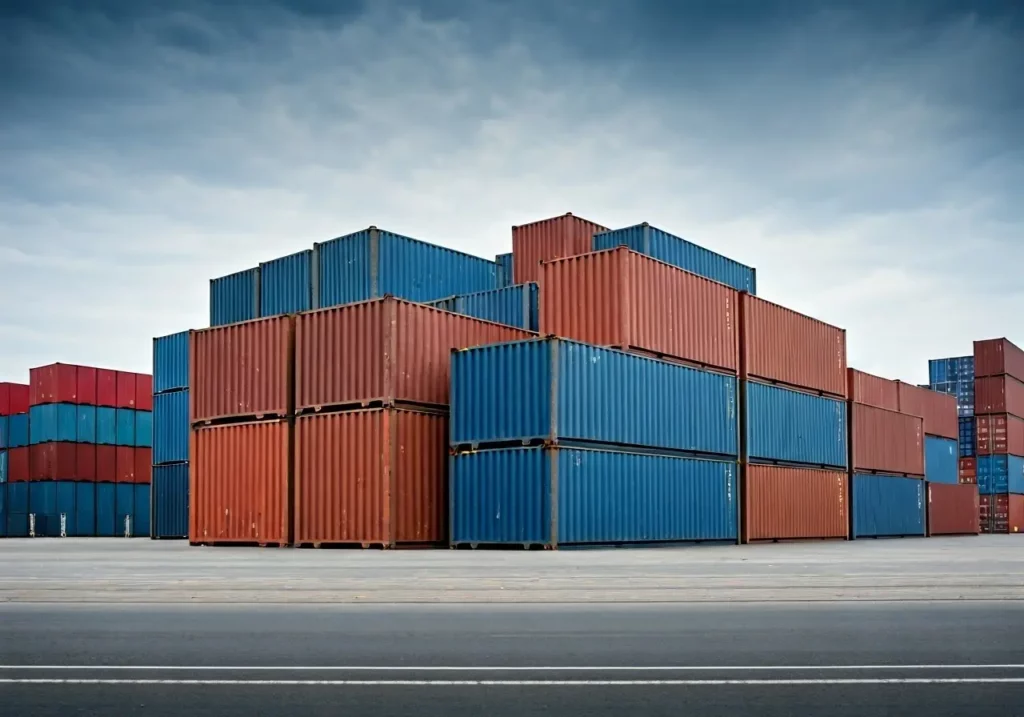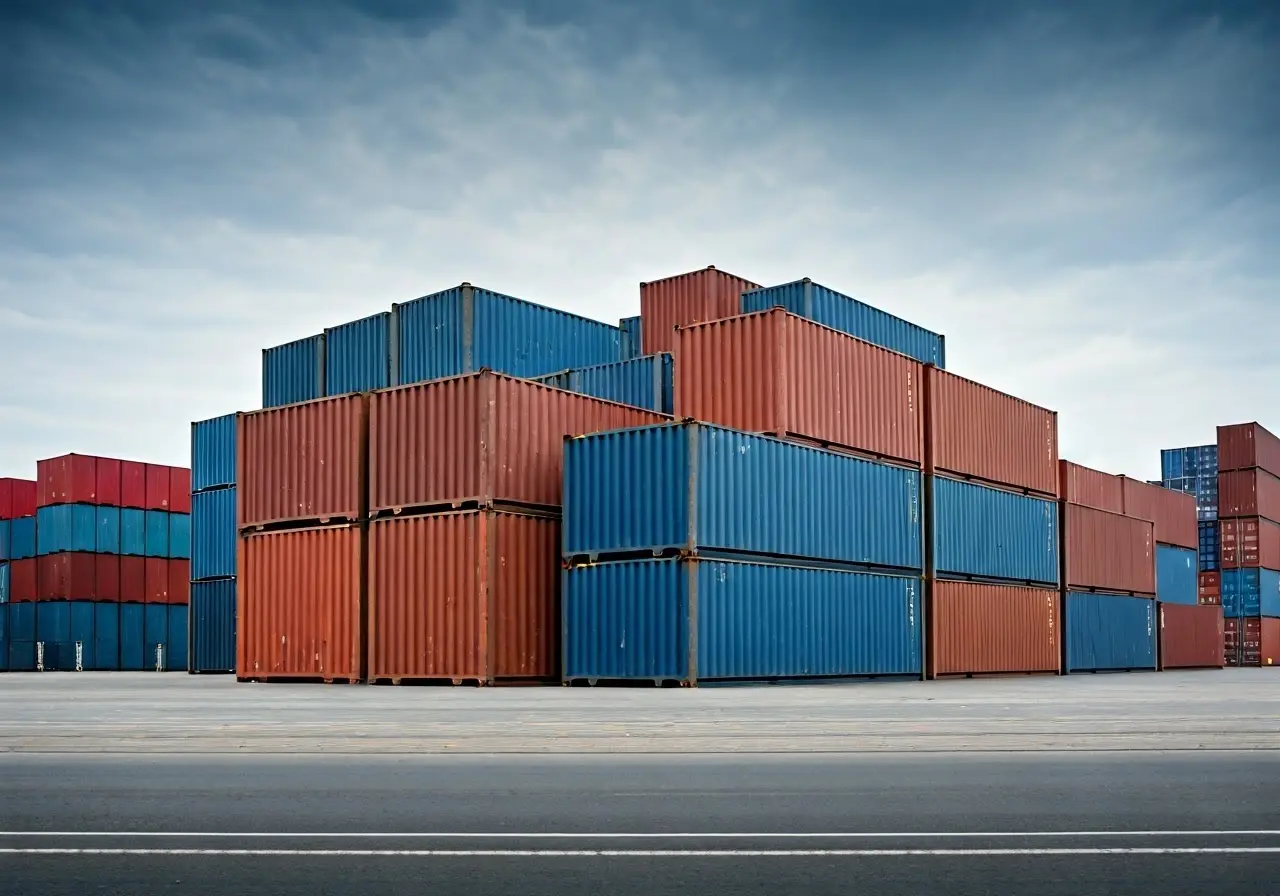Importing goods can be an exciting yet daunting process for businesses venturing into international trade. Navigating through the complexities of importing often poses several challenges that can impact profitability and efficiency. Understanding these challenges and knowing how to tackle them can make the journey smoother. In this FAQ blog, we will explore common challenges in importing and provide practical solutions to overcome them.
Understanding Import Regulations
One of the primary challenges in importing is navigating the complex landscape of import regulations. Different countries have varied regulations governing imports, which can affect documentation, labeling, and specific product restrictions. Ensuring compliance is crucial to avoid delays and additional costs. Researching and understanding these regulations beforehand is vital.
To mitigate regulatory challenges, it’s beneficial to collaborate with experts who are well-versed in international trade laws. These professionals, such as customs brokers, can offer guidance on relevant requirements and help in maintaining compliance. Keeping abreast of regulatory updates through resources like the Shipping and Commodity Academy can further enrich your understanding and preparedness.
Managing Import Taxes and Duties
Import taxes and duties can significantly add to the cost of goods. Understanding how these are calculated and any exemptions that might apply are essential for cost management. Consulting with customs brokers or import specialists can help navigate these financial aspects.
Additionally, exploring trade agreements between your country and the exporting country can reveal opportunities to reduce duty costs. These agreements may offer reduced tariffs or special benefits for specific goods, making a significant difference in overall import expenses. For instance, free trade agreements often provide reduced tariffs that can substantially lower costs.
Using technology to model and predict import costs is an emerging trend. Advanced software can provide insights into potential financial implications of different importing scenarios, enabling businesses to budget more effectively.
Mitigating Risks in Shipping and Logistics
Importing involves coordinating complex logistics, which can be vulnerable to risks like shipping delays, damage, or lost goods. Working with reliable logistics partners and having insurance in place can mitigate these risks. Regularly tracking shipments and maintaining communication with carriers ensures better control over the logistics process.
Implementing robust logistical strategies is key to overcoming these issues. Strategies such as employing multiple carriers and diversifying shipping methods can provide flexibility and contingency in times of disruption. Port strikes or adverse weather conditions are unpredictable, but having a backup plan helps maintain a steady supply chain.
Incorporating technology, such as real-time shipment tracking systems, enhances visibility and allows for quick response to potential problems. These tools can specifically be customized to send alerts for delays and changes, thus keeping all stakeholders informed and proactive.
Overcoming Language and Cultural Barriers
Language and cultural differences can pose significant challenges in negotiations and communications with foreign suppliers. Hiring bilingual staff or translators, and gaining cultural understanding through research, can greatly improve the quality of communication and partnerships.
In addition to translation services, learning cultural norms and business etiquette of your partner’s country enhances relations. For example, knowing the importance of certain rituals or holidays can aid in building respect and smoother interactions.
Participating in cross-cultural training sessions helps team members understand and effectively navigate non-verbal communication cues. Familiarity with these nuances can prevent misunderstandings that arise merely from differing expressions or gestures.
Selecting Reliable Suppliers
Finding and verifying reliable suppliers is crucial to ensure quality and timely supply of goods. Thorough background checks, visiting suppliers, and establishing clear agreements can prevent future complications. Using platforms that verify supplier credibility can also provide assurance.
Engaging in trial orders is a practical approach to testing a supplier’s reliability and product quality. By starting with small volumes, you can evaluate the supplier’s compliance with quality standards and communication capabilities without significant risk.
Regular audits and inspections are essential to maintaining supply quality. Hiring third-party quality assurance agencies can bring an unbiased assessment, ensuring adherence to agreements.
Overcoming Importing Challenges: A Strategic Approach
Importing goods can indeed present several hurdles, but with the right approach and knowledge, these challenges can be surmounted. By understanding import regulations, managing risks, effectively communicating, and choosing reliable logistics solutions, businesses can navigate the world of importing with confidence. Remember, preparation and due diligence are key to overcoming any obstacle in the importing process.


